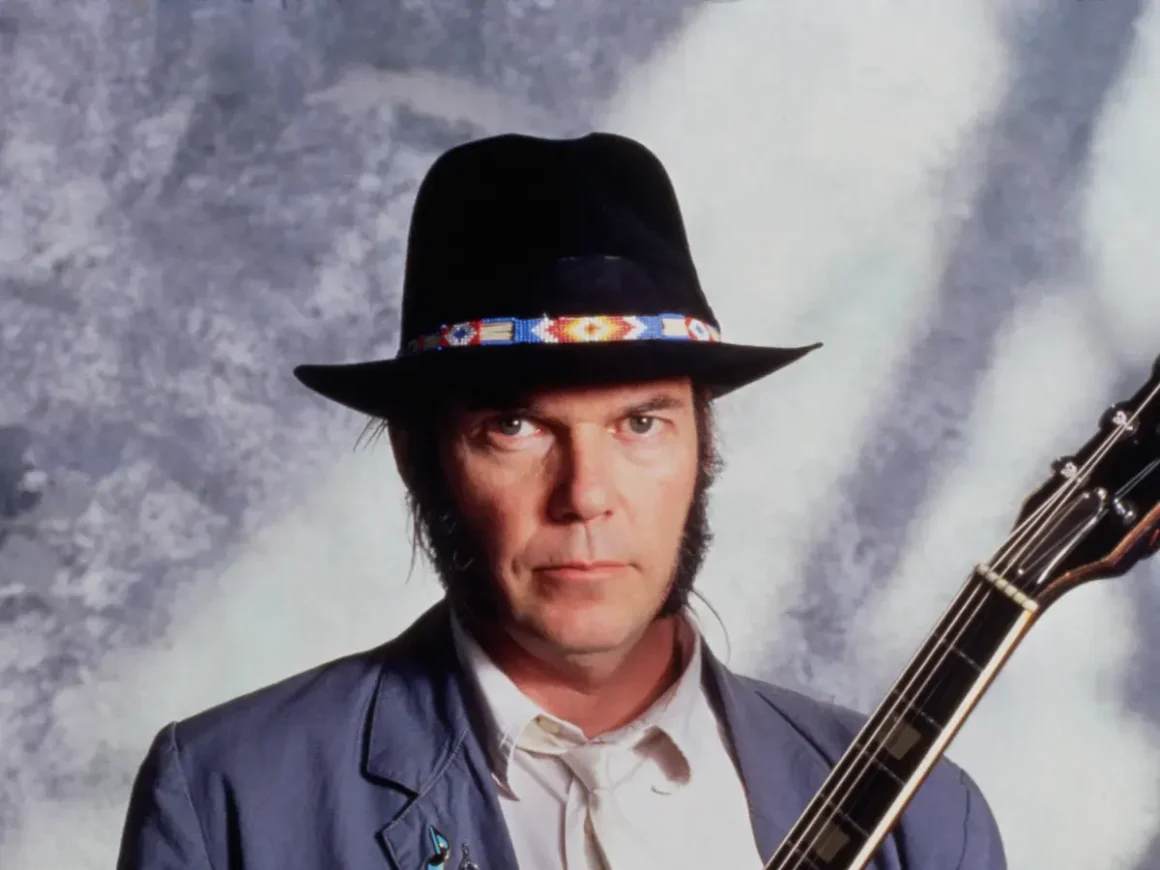Neil Young’s iconic discography is built on deceptively simple ideas delivered with profound nuance. Filled with raw emotion, his songs have a timeless ability to resonate deeply with listeners across generations. Whether weaving personal stories or addressing broader societal issues, Young’s work finds universal truths within vivid, intimate imagery.
Tracks like “Old Man” and “Ohio” showcase his unique balance of the personal and political, painting pictures that feel both specific and relatable. Though renowned as a guitarist, many of Young’s most enduring hits rely on just two open chords in their verses and choruses. Yet, his delivery imbues them with such individuality that being compared to him is considered one of the highest honors for a modern songwriter.
Young’s music is defined by a steadfast commitment to authenticity and artistic integrity. His approach didn’t mimic established formulas for success but followed his instincts, prioritizing emotional honesty in production and vocals. While his contemporaries—like Joni Mitchell, Marvin Gaye, and David Bowie—boasted wider vocal ranges and traditionally celebrated voices, Young’s imperfections added humanity to his performances, always serving the song’s greater emotional purpose.
Take After the Gold Rush, his seminal 1970 album. Its vocal takes are unpolished and emotive, perfectly complementing the intimate, tender storytelling that fans cherish. Young’s voice wasn’t about power or technicality; it was about truth, and it delivered a connection that few could replicate.
Even decades after his music had earned widespread acclaim, Young downplayed his vocal abilities with characteristic humility. In a 2002 Pulse interview, he reflected:
“Leadbelly, Howlin’ Wolf, Hound Dog Taylor—all these guys who played so great. And I also really loved the fellow who sang in Canned Heat—he was a great singer with a wonderful voice, a great blues voice, I can’t remember his name [Bob ‘The Bear’ Hite]. But I love that kind of music. And I can’t sing as well as those guys, but I can have a good time and make up my own songs.”
Artists like Howlin’ Wolf and Bob Hite brought commanding, gravelly tones to their blues performances, adding depth and power to their songs. Young’s vocal strength, however, lay in his vulnerability.
Roger Waters, former Pink Floyd frontman, captured the essence of Young’s impact during a Desert Island Discs interview with the BBC. Reflecting on Young’s performance of “Helpless,” Waters said:
“There is an honesty and a truth in everything that he’s done. You feel the man’s integrity and passion. I can feel the hairs standing up on the back of my neck now, remembering the purity with which he hits the first notes of this song. It’s extraordinarily moving and eloquent.”
Young’s ability to move listeners wasn’t about technical brilliance but about raw, unfiltered emotion. Whether he was “having a good time” or simply making up songs, as he humbly put it, the legacy of his heartfelt style endures. Waters’ testimony is just one among many that illustrate how Neil Young’s voice and artistry reshaped the way we listen to and feel music.







